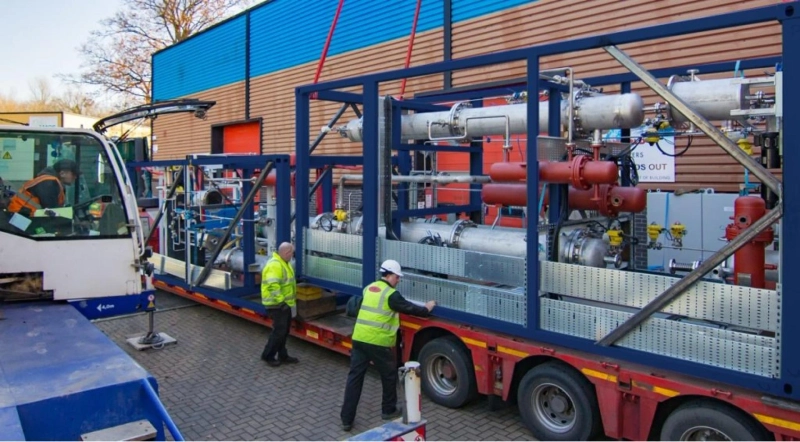The world recycling industry has seen great evolution over the years thanks to technological advancements. The industry has come a long way from simple processing methods to the latest recycling technologies that promote efficient recycling, waste reduction, and environmental conservation. The article below takes you through the journey of the recycling industry, from basic recycling practices to the current innovative recycling solutions that would not have been possible without technology.
From Basic Recycling Practices to Advanced SolutionsThe idea of recycling is not new. People have been recycling all sorts of materials for centuries. From ancient civilizations that recycled metal, glass, textiles, and paper to modern times where aluminum, glass, and plastic bottles are recycled. However, the funny thing is that recycling in the past was based on manual labor. People manually sorted through waste separated recyclables, and sold them to interested buyers for reuse. But, with the advancement of technology, the recycling industry has evolved from manual labor to sophisticated machines that are fast and efficient.The Impact of Technology on the Recycling Industry
In the past, recycling was done as an act of kindness to the environment. Today, recycling is not just a way of saving the environment, but also a way to create jobs and generate income. The evolution of recycling technology has made it possible to have waste management systems that are not just efficient but also cost-effective. Intelligent waste sorting machines can separate materials effectively, improving the quality of the final recycled product, and making it more marketable.Modern Recycling Solutions
Innovative recycling solutions are born every day. Advancements in technology have resulted in recycling systems that are highly sophisticated, automated, and efficient. Optical sorting is one such recycling technology that has taken the industry by storm. Optical sorters are automated machines that use high-speed sensors, artificial intelligence, machine learning, and computer vision to separate recyclables based on size, color, and shape. Optical sorting technology has improved the quality of recycled materials and reduced waste.3D Printing Technology
The advent of 3D printing technology has revolutionized the manufacturing and recycling industries. With a 3D printer, waste materials can be transformed into new and useful objects. 3D printing technology has opened a world of possibilities as companies can use recycled waste as a raw material to produce new products. Additionally, this technology reduces the amount of waste that goes to landfills, conserves natural resources, and promotes environmental conservation.The Future of Recycling Technology
The future of recycling technology looks bright. Scientists and engineers are working around the clock to develop technology that will lead to zero waste and a sustainable future. Quantum recycling technology is one such innovation that may soon become mainstream. This technology uses light-sensitive molecules that can dismantle plastics at the molecular level. Quantum recycling technology has the potential to drastically reduce plastic pollution while offering an eco-friendly way of reusing plastic waste.
Conclusion:
The evolution of the recycling industry has been greatly influenced by technology. With technological advancements, we now have efficient, cost-effective, and automated recycling solutions that were not possible in the past. Recycling technology has brought about intelligent waste sorting machines, optical sorting technology, 3D printing technology, and quantum recycling technology. These technologies have improved the quality of recycled materials, reduced waste, and prevented environmental pollution. The future of the latest recycling technology looks bright, and we can look forward to more innovations that will promote zero-waste and environmental conservation.


